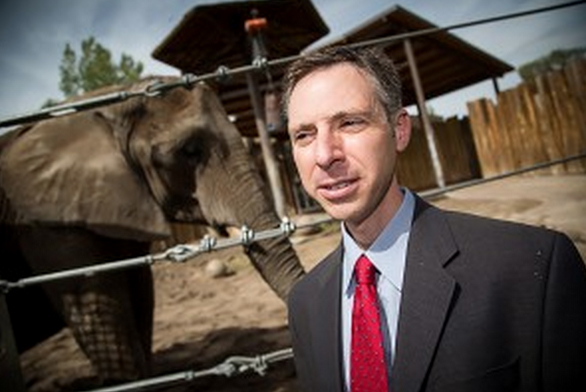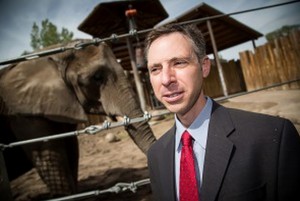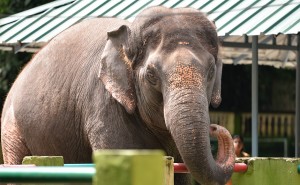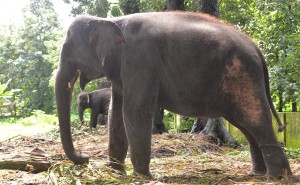
Why elephants rarely get cancer?

Scientists at the Huntsman Cancer Institute (HCI) at the University of Utah and Arizona state University and researchers from the Ringling Bros Centre for Elephant conservation, has identified a potential mechanism that may be key to cancer resistance.
Their research results published in the Journal of the American Medical Association (JAMA) , The scientists reveals that elephants have additional modified copies (alleges) of a gene that encodes p53, a well defined tumor suppressor, as compared to humans, who have only two. Elephants have more robust mechanism for killing damaged cells that are at risk for becoming cancerous . In the isolated elephant cells, this activity is doubled compared to healthy human cells from patients with Li-Fraumeni Syndrome who have only one working copy of p53 and more than a 90 per cent lifetime cancer risk in children an adults.
In search of answers the scientists combed through the African elephant genome and found at least 40 copies of genes that code for p53, a protein well known for its cancer-inhibiting properties. The vast majority, 38 of them are so-called retrogenes, modified duplicates that have been stirred out over evolutionary time.
There is a theory that says every cell can become cancerous so the more of them you have., the more likely you are to get cancer. So if an elephant has 100 times many cells as a person then these mammals should be developing a tremendous amount of cancer, and should extinct by now.
According to Dr Joshua Schiffman one of the researchers and a paediatric oncologist said: Nature has already figured out how to prevent cancer, and it is up to us to learn how different animals tackle the disease so we can adapt those strategies to prevent cancer in people.”


